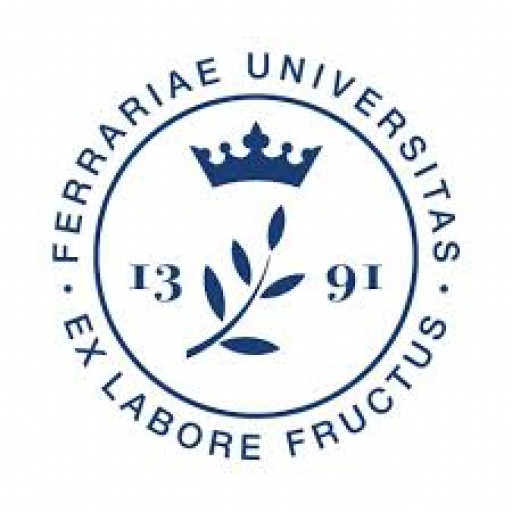Photos of university / #ucl
The combined specialisation in Speech and Hearing Sciences provides a thorough multidisciplinary introduction to modern knowledge and current research in the inter related aspects of human spoken communication. It prepares students from different backgrounds for work in the rapidly developing fields of speech and hearing research, and their technological applications.
Students take a core set of modules and then have the opportunity to specialise in speech and hearing sciences. In selecting the modules for their specialisation, students will be able to take full advantage of the breadth of expertise in language research in the UCL Division of Psychology & Language Sciences.
Students undertake modules to the value of 180 credits.
The programme consists of two core modules (45 credits), three specialisation modules (45 credits), two optional modules (30 credits) and a research project (60 credits).
Core modules
- Introduction to the Brain and Imaging the Brain
- Research Methods: Principles, Skills and Applications
- Students select three specialisation modules from those below:
- Development of Speech Perception and Production
- Introduction to Speech Sciences
- Experimental Phonetics
- Phonetic Theory
Optional modules
Students select two modules from all those offered within UCL Psychology & Language Sciences, subject to availability and agreement with the Programme Director. Options include:
- Deafness, Cognition and Language
- Second Language Speech Learning
- Web Programming for Psychology and Language Sciences
- Stuttering
- Advanced topics in Speech Perception
- Current Issues in Production, Perception and Neural Processing of Speech
Not all modules will run every year, some modules may require a minimum number of registered students.
Dissertation/report
All students undertake an independent research project in an area of language science which culminates in a dissertation of 10,000 words.
Teaching and learning
The programme is delivered through a combination of lectures, small-group teaching and a virtual learning environment. Some modules also involve workshops or practical classes. Student performance is assessed through coursework, examinations and the research dissertation.
Normally a minimum of an upper second-class Bachelor's degree from a UK university or an overseas qualification of an equivalent standard in a language-related area such as linguistics, speech sciences, English language, psychology, cognitive science, or a cognate discipline.
Up to four departmental scholarships are available. All candidates holding an offer of admission by 1 June (for year of entry) will be considered based on academic merit. There is no need to make a separate application for these opportunities.
It is strongly recommended that applications are submitted no later than four weeks before this deadline.










